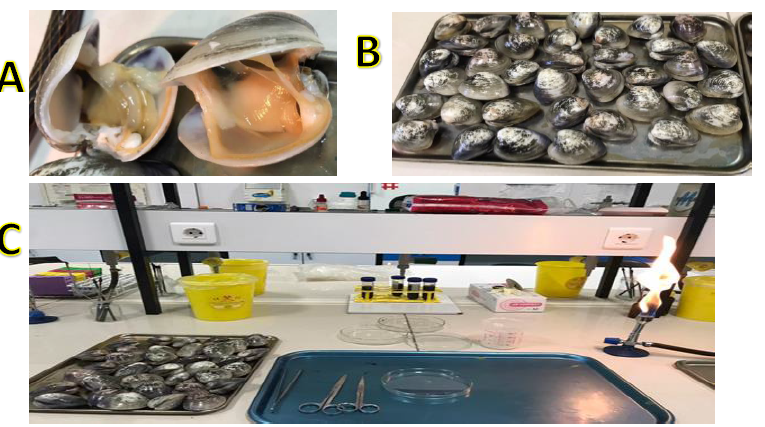Molecular diagnostic methods for detection and investigation of human Noroviruses- Norwalk virus from Callista umbonella (Bivalvia) in the Northern Persian Gulf (Iran)
DOI:
https://doi.org/10.17762/sfs.v7i2.131Keywords:
Norwalk Virus, Gastroenteritis outbreak, Seafood, NorovirusAbstract
Norwalk virus is the major cause of food borne gastroenteritis worldwide with the highest infections by GII genotype. The burden of Norwalk virus related disease is considerable, affecting all age groups around the world. Norwalk virus is extremely contagious pathogen which can simply transmitted by consuming contaminated food and lead to serious outbreak gastroenteritis disease. The aim of this study was to investigate the incidence of Norwalk virus contamination in Bivalvia in the Northern Persian Gulf (southwest of Iran). All samples which examined for Norwalk virus (norovirus) contaminations were negative as investigated and verified by reverse transcriptase- polymerase chain reaction (RT-PCR) tests. The results of PCR products on gel electrophoresis indicated that there were no norovirus contaminations in tested samples. Our investigation indicated that molluscs from southwest of Iran are not contaminated with norovirus, however, it would be wisely to eat molluscs with adequate cooked to avoid any contamination including norovirus.










